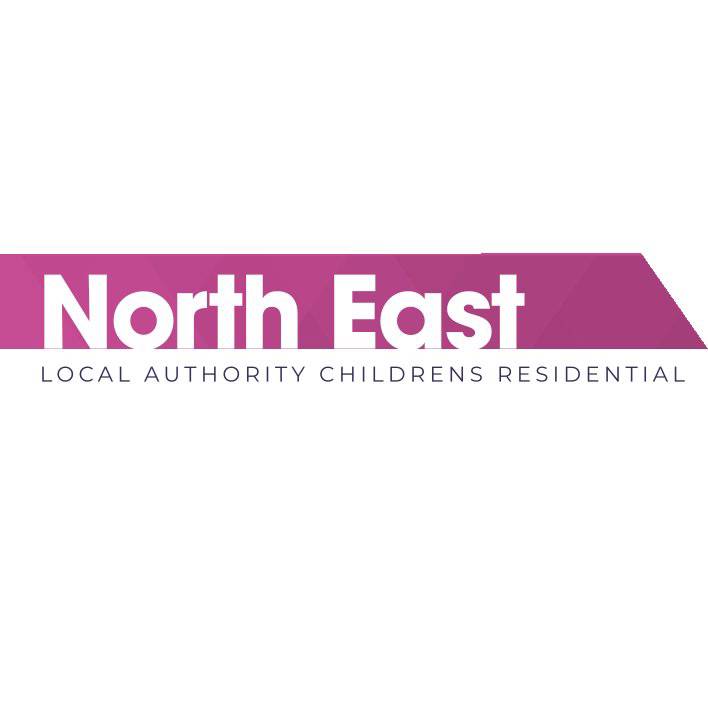Case Study 2
Supporting a 12-year-old with diagnoses of Autism Spectrum Disorder and associated learning difficulties. The service user has a history of challenging behaviours such as smearing and physically violent outbursts. The service user requires 2:1 support and specialist support when it comes to communication.
North East
Local Authority - Children's Services

Introduction
A local authority contacted us about the possibilities of supporting a 12-year-old on a 2:1 basis. This was a unique case as support was required both around the service user’s education setting as well as at home.
Our bookings consultant had to work closely, and quickly with our compliance department to ensure we could support with staff who had a children’s DBS and suitable experience. This presented a difficult challenge, staff had to be made aware of the service user’s diagnoses and adapt to a changing schedule depending on school/holiday times. For example, the service user would need to be picked up from school on some days, then taken to either activities or a parent’s house.
Care Package Overview
This package is supporting a 12-year-old with diagnoses of Autism Spectrum Disorder and associated learning difficulties. The service user has a history of challenging behaviours such as smearing and physically violent outbursts. The service user requires 2:1 support and specialist support when it comes to communication. Staff have needed to implement a variety of communication methods, including spoken language and visual symbols / social stories to effectively communicate with the service user. Support from Standby staff focuses on continuing improvement in communication and supporting the service user through challenging behaviours and violent outbursts.
When the package first began, the service user refused to engage in the community, was reluctant to engage in their education and constantly smeared within their home. This was a challenge for us and our staff, as proactive and confident decisions had to be made to ensure the best outcome for the service user.
After working with our staff over the last 6 months, the service user is consistently and happily attending their schooling, engaging in the community and their after-school activities. Staff have also implemented a successful communication pathway with the service user, which promotes confidence and provides comfort for the service user.
Going Forward
There are still some challenges we face with supporting this package, the service user often struggles in high sensory environments. Staff are learning to notice potential triggers and are working with the MDT to avoid those scenarios/help the service user when they become overwhelmed.
The service user has also started ‘self-exploration’ which has proved difficult when out in public or within an educational environment. Standby and our support workers are having to work alongside health professionals to implement an action plan to prevent risk behaviours. So far this is proving effective and is producing results.

The Proof Is In The Pudding
Case Studies
We're often able to tell our clients how well the packages we support run and sometimes, we don't always have the opportuntiy to tell you. Our case studies try to evidence the work that we do in running quick turnaround crisis packages and then potentially managing them long term. Take a read....

Case Study 1
Supporting a 17-year-old who has been in a care institution for the last 2 years. The service user has a history of substance abuse, which has been a family norm since they were a child.

Case Study 3
This service user is 15 years old and has a history of absconding and substance use. The service user has a diagnosis of ADHD and Oppositional Defiant Disorder and is under a Section 31 Care Order.

Case Study 4
A complex care case, the service user has a diagnosis of Frontal Lobe Syndrome, which affects their executive functioning. This presents as symptoms of limited working memory, weak understanding of complex language and difficulties with emotional regulation.

Case Study 7
We were offered a 2:1 package supporting an elderly gentleman within one of the nursing homes we regularly supply to.
See how we can Standby you